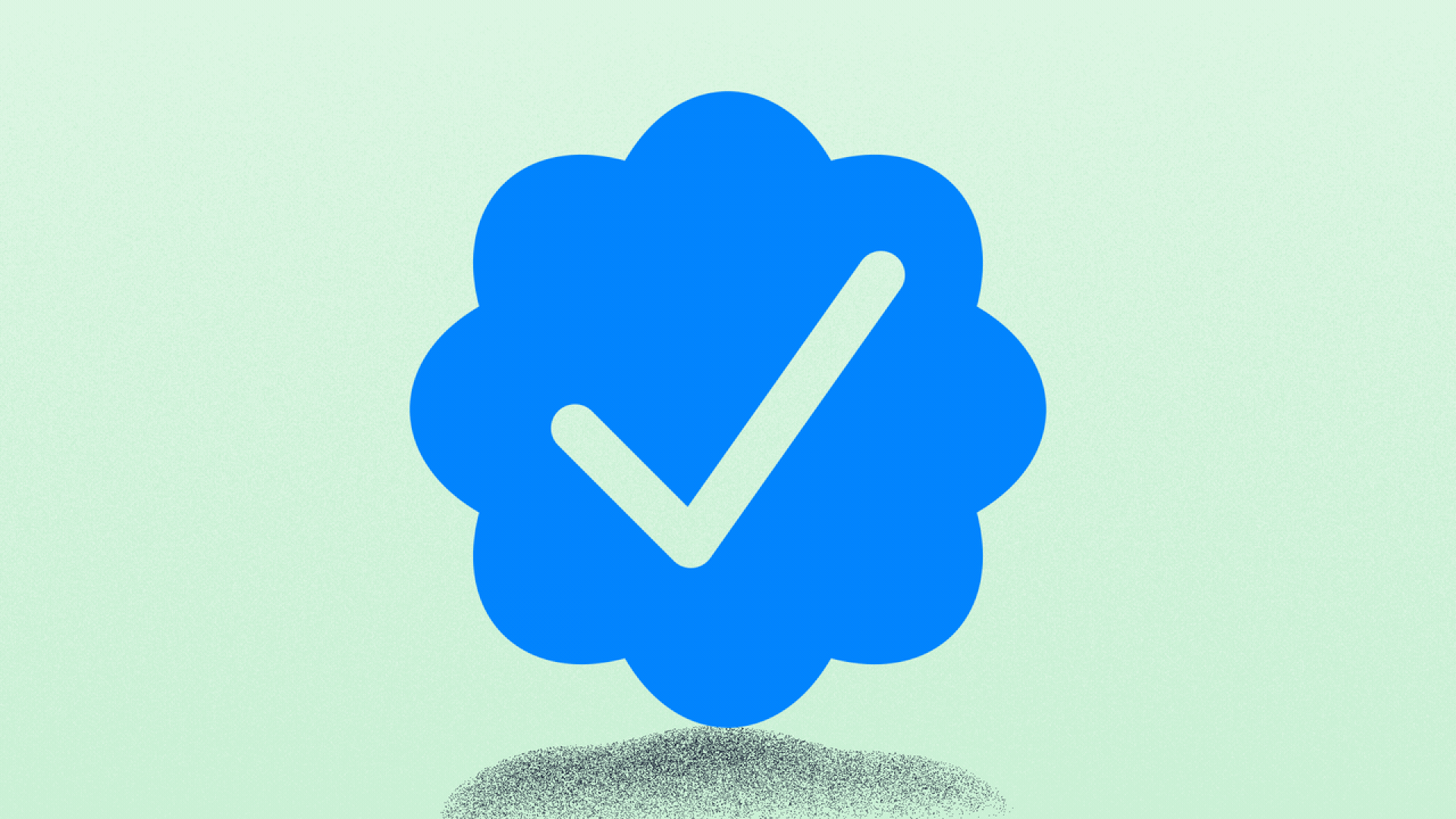
Illustration: Brendan Lynch/Axios
While Twitter’s turmoil has sparked waves of interest in alternative social networks, tech’s biggest firms have stayed conspicuously aloof from the field.
Between the lines: Cloning Twitter would not be a huge technical challenge for companies like Microsoft, Google and Meta that already have a massive cloud infrastructure.
Yes, but: For these companies, a Twitter-like service would bring big political, social and legal headaches with little promise of a financial payoff.
Sources at Meta, Google and Microsoft suggest that they have no appetite for building a Twitter alternative. Here’s where each company is at:
- Google is largely taking a “been there, done that” view, having built, invested in and ultimately shuttered Google+ (and, before that, Buzz, Wave and Orkut). Its social media focus these days is on YouTube, where the major thrust right now is expanding YouTube Shorts, its rival to TikTok.
- Microsoft actually comes the closest to having an alternative to Twitter, at least for certain types of conversations, since it owns LinkedIn. But LinkedIn’s business focus has allowed the service to operate with way fewer thorny moderation challenges than Twitter has faced, and it’s hard to imagine Microsoft seeing any upside in taking on Twitter-scale problems.
- Meta, of these companies, has the largest content moderation system in place, as well as the largest social graph (data on how users are interconnected). But right now the company is in cutting mode even in its core services amid recent layoffs, and CEO Mark Zuckerberg is concentrating on building a metaverse — rebuilding Twitter would simply be a distraction.
Be smart: Twitter is very small as a business compared to any of these companies.
- Twitter’s annual revenue last year was on the order of $5 billion. That’s a small fraction of Meta’s $118 billion, Microsoft’s $200 billion and Google parent Alphabet’s $250 billion.
Yes, but: Plenty of companies, including Meta, Snap and even smaller players like Nextdoor, would like to pick off any ad dollars that leave Twitter, especially as the overall market contracts.
- “We are absolutely looking at any and all freeing up of budgets,” Nextdoor CEO Sarah Friar said earlier this month on a conference call with reporters.
In the void left by the giants, a bunch of upstarts are vying for Twitter’s user base, including the open-source Mastodon and Hive, along with several right-leaning sites: Gab, Parler and Donald Trump’s Truth Social.
- A new entrant is Post News, created by former Waze CEO Noam Bardin. The site, which has launched in beta for select users, has over 125,000 people on its waitlist, according to an email Bardin sent to beta users.
Our thought bubble: Most of these would-be competitors are likely to have a very rough time achieving anywhere near Twitter’s scale. Even if they do, none of them — with the exception of the non-profit Mastodon — can promise users they won’t get bought by a billionaire and turned upside down, just as happened to Twitter.


